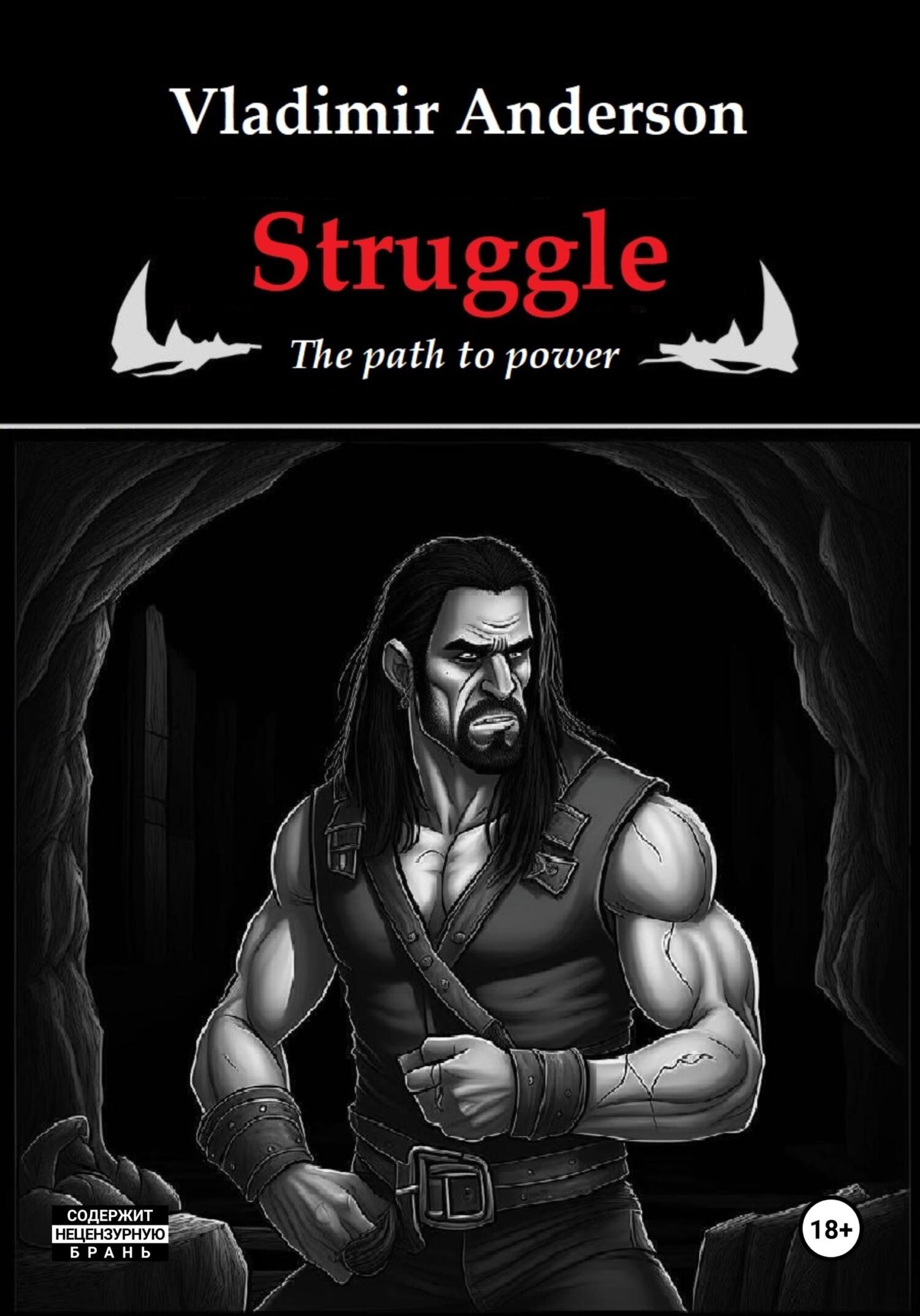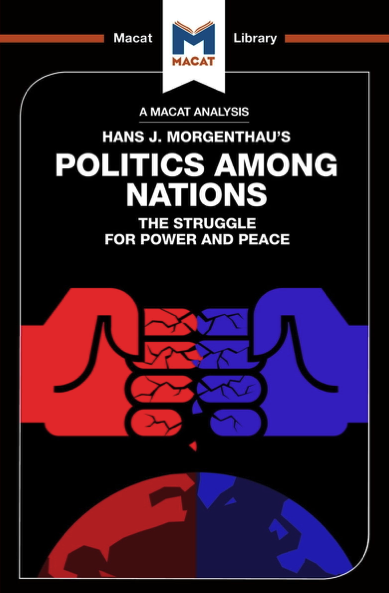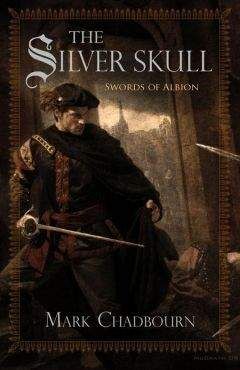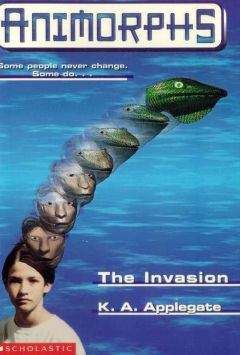little panting — she'd been crying for a long time.
— Darling, I miss you so much, and you don't say a word. I have nightmares every day and you're not there. It's so hard.
"Mashenka, my beloved," said her husband's voice, and the smell of him is here, and through the light you can see his eyes. — Have I ever left you?"
— Please don't go. Stay with me just a little longer.
— I'm here. I'm with you. I'm always with you… How's our baby?
— I can feel him growing up. He will be healthy and strong… But it is hard, so hard for me without you. Why did God take you away from me?
— It's your destiny, Masha. Your destiny. And you have to get over it. Forgive me, my love, for this. It's my fault. I couldn't–
— Please stop. Stop blaming yourself. Especially for things that are out of your control. I know what God wants me to do. I'll do anything if only you'll be there for me, if only you'll say….
— I love you, Mashenka. I'm with you.
— I love you, honey.
So till morning Masha sat on her knees by the bed, thinking about nothing and gathering herself. She felt her husband near her, and he was with her, breathing warmth into her and holding her hand.
May 16. Khmelnitsky's group left Kremenchug and moved towards Poltava — the plan was to reach Bushenka and, turning north, reach Reshetilovka.
Bolotnikov's 3rd Company, consisting of three platoons: 25th Zhivenko, 37th Kosmogorov and 11th Ranierov, Dr. Shvartsenberg's 2nd medical unit, and three from the Spetsnaz: Dolgatov, Mokry and Seversky — a total of 133 men — remained to cover the withdrawal.
It was early-early morning: my eyes were still blurry. Bolotnikov was sitting in the basement of the command post — after the departure of the main forces, his unit had moved here, to the outermost part of the city, where the road to Poltava led northward.
It's mostly damp around, but it's been like that here before: after Victor left, his banner — a falcon swiftly attacking prey, head downward, wings and tail upward, the ancient symbol of the Rurikovichs — was removed from the wall, as well as a huge steel mace — the ancient symbol of power. Slavs value their traditions, and when it comes to a critical or even catastrophic situation, everything that has any weighty value is under special care, and especially historical signs and symbols.
As a result, we were left with a chair, a table, an extra-lamp (perhaps the most worthy invention of the ancients after the cancer cure — shake it for a minute and it burns for almost an hour), and the most important item — a map. It depicted the whole city on a large enough scale, including the most important places: trenches, mine barriers and houses with their purpose indicated by numbers. The present defense section included 16 houses plus four sentry houses outside it.
Among other things, on the table was a letter Bolotnikov had just taken out of his pocket, which was to be opened 15 minutes after the main forces had left the city. Zubkov had handed it to him. Almost half an hour had passed, and it was still sealed: Sergei felt something too unpleasant in its contents and wanted to get out of sleep before reading it. The time had passed, but he was still awake.
"I'm already violating orders… Maybe it even says we're not supposed to be here anymore," the Major thought and opened the envelope.
"To Major Bolotnikov
Personal and highly classified.
Burn it after reading it.
Major, you have a difficult task ahead of you. I have chosen you in this situation for a reason, relying on your experience and fortitude.
I inform you, as a soldier devoted to the idea of human freedom, that there is an enemy spy operating in the location of our group, and possibly more than one. He cannot be in your unit at the moment. Whether he has managed to communicate our coordinates to the enemy is not known.
Your mission is to hold the position until 7-30, which is an hour and thirty minutes after our withdrawal, and to retreat thereafter according to the plan previously approved.
I'm ordering you to act exactly as previously instructed. If the enemy succeeds in dislodging you from this position and pursuing you, the entire group will be jeopardized.
I've known you for a long time and I'm sure you didn't open the envelope exactly as instructed. Don't blame yourself. I have taken your situation into account and have given you the time accordingly.
All right, from now on, you have one hour to live, Major.
I personally wish you luck and hope for your will for Freedom. Your cause is on the way to Victory.
Viktor Khmelnitsky."
Bolotnikov crumpled the paper into a lump, took out matches, and carried out the first order.
At that time Misha was standing near the 5th destroyed house, next to the road, together with Rozhkov and two more of his subordinates; on the opposite side, near the 13th house, there were three special forces; in the middle of the fork was Metsov. He was walking towards the commander with a rapid stride from the very medical station — Ranierov was in charge of the northeastern part of the defense, that is, from the 11th house to the 16th, obviously, some conflict with the sanitation department. Ranierov has such a language: he is not ashamed to dirty anyone.
Seeing the look on Kostya's face, Misha himself was upset: "What's the matter? At least it wouldn't be on them…"
Everything was interrupted at that second: there was a rumbling in the middle of everything, so loud that it rang in my ears — from the very center of the road, almost where Metsov had just passed, the ground burst into the air with





